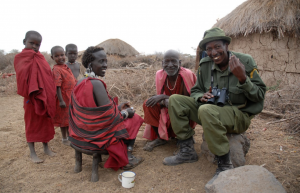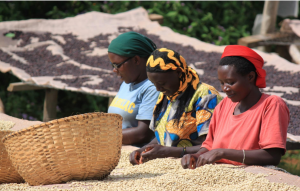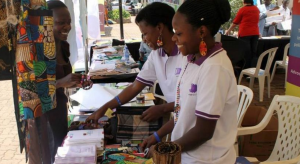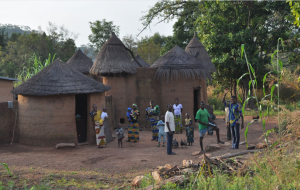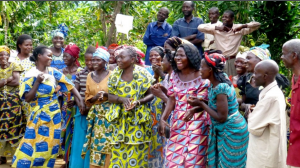
Gender in Trade for Development Centre projects
Projects in Peru, Congo and Morocco highlight the fact that to turn fair and sustainable trade into a means of leverage in the fight against poverty and inequality reduction – which is the Trade for Development Centre’s view – two questions must be kept in mind when approving projects: who does the work when producing goods and who manages the profits once the project boosts revenue?


